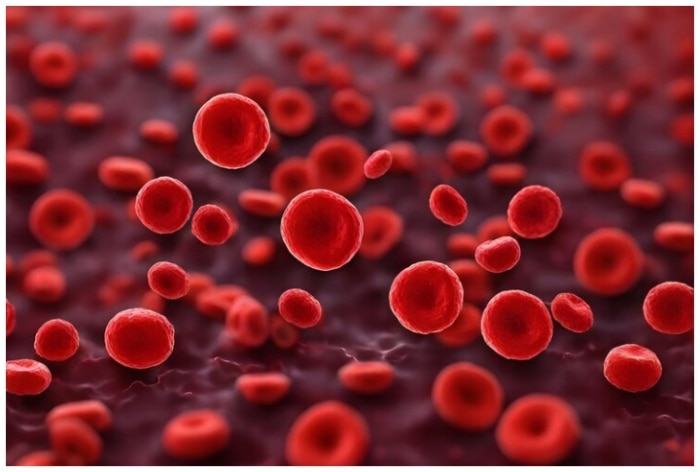Hemophilia is a rare blood disorders that makes clotting of blood difficult. Here are few symptoms and challenges that this rare disoder entails.
Every year the last day of February is commemorated as ‘ Rare Disease Day’. It is a day to raise awareness about rare diseases that surface in our lives. There are several uncommon viruses and bacteria living around and with us. Sometimes these can be fatal, and sometimes not so fatal. Hemophilia is one such rarer blood disorder that affects the blood’s ability to clot properly. People with hemophilia have a deficiency or absence of certain clotting factors, which are proteins necessary for normal blood clotting. This can lead to prolonged bleeding and difficulty in stopping bleeding after an injury.
There are different types of hemophilia, the most common being hemophilia A. Hemophilia is generally an inherited condition, passed down from parents to their children through their genes.
Hemophilia: 5 Symptoms to Know
- Excessive or Prolonged Bleeding: People with hemophilia may experience prolonged bleeding, even from minor cuts, injuries, or dental procedures. The bleeding may take longer to stop compared to individuals without hemophilia. In severe cases, spontaneous bleeding can occur without any apparent cause.
- Frequent Nosebleeds: Nosebleeds (epistaxis) can be a common symptom in individuals with hemophilia. These nosebleeds may be difficult to stop and may recur frequently.
- Easy Bruising: Hemophilia can cause easy bruising, with bruises appearing even after minor bumps or injuries. The bruises may be larger and more noticeable compared to those in individuals without hemophilia.
- Joint Pain and Swelling: Repeated bleeding into the joints is a hallmark symptom of hemophilia. This can lead to joint pain, swelling, warmth, and limited range of motion. The most commonly affected joints are the knees, ankles, and elbows.
- Excessive Bleeding from Mouth or Gums: Hemophilia can result in prolonged bleeding from the mouth or gums, particularly after dental procedures or when losing a tooth.
- Blood in Urine or Stool: In severe cases of hemophilia, bleeding may occur internally and result in blood in the urine or stool. This can be a serious symptom and should be evaluated by a healthcare professional.
It’s important to note that the severity and frequency of symptoms can vary depending on the individual and the specific type and severity of hemophilia. Some individuals may have mild hemophilia and experience fewer symptoms, while others may have severe hemophilia and experience more frequent and severe bleeding episodes.
Treatment for hemophilia typically involves replacing the missing clotting factor through infusions of clotting factor concentrates. Some individuals with hemophilia may develop antibodies (inhibitors) against the clotting factor, making treatment more challenging.
Living with hemophilia requires careful management to prevent bleeding complications. This includes taking precautions to avoid injuries, using protective measures during physical activities, and promptly treating any bleeds that occur. Physical therapy and joint exercises may also be recommended to maintain joint health.
–>
